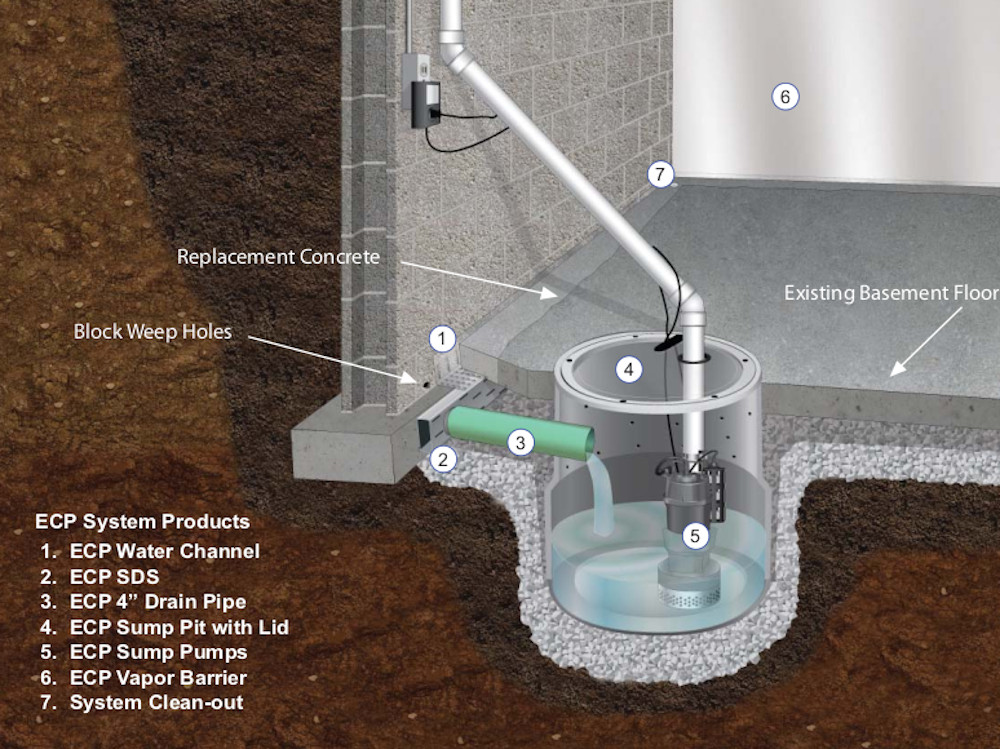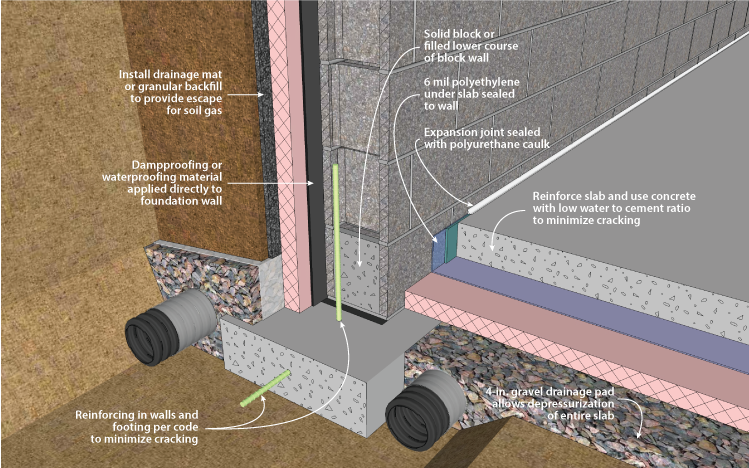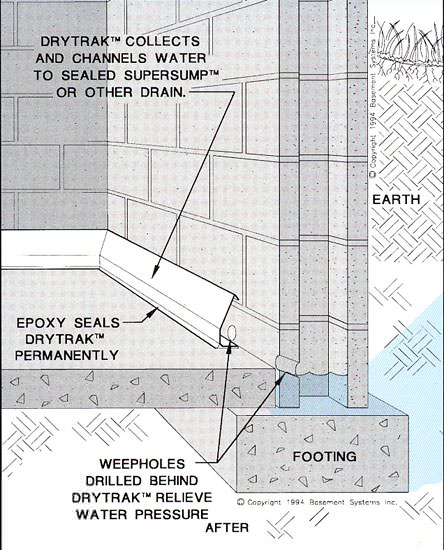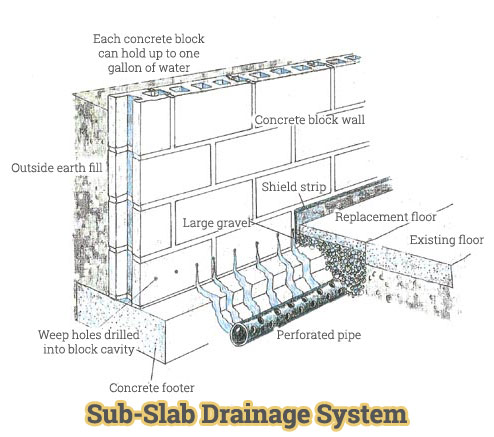Dealing with voids whether they be stable or dynamic is an important part of maintaining your concrete slabs whether they be residential commercial industrial or municipal.
Large cavity under basement floor fill with concrete.
With several decades of experience with mortar grout and concrete i d suggest if you ve got more than a small amount to fill you use a 45 deg l instead of the 90 shown in the tip.
The slab could be for an entire home it might be an exterior patio slab a front porch slab a driveway etc.
In commercial settings loss of use can be a significant cost when considering repairs.
Un compacted fill under concrete slabs of any type is a recipe for disaster.
Filling cavity under concrete slab.
Some fill materials such as round stones like pea gravel tend to be self compacting.
The low viscosity of the polyurethane allows it to flow and fill voids to 1 32.
Justdoityourself lovingit perfecteverytime subscribe now an.
Slabjacking is used to prevent everything from porch floors to patios and basement floors from shifting.
Cinder blocks are less expensive to work with than poured concrete in home construction projects but they are not as strong you can make up the difference by spending a little more to reinforce the blocks a project that is still less expensive than using just poured concrete.
Voids can lead to a weakness in the slab causing dips in the surface tilting or cracks and breaks.
Learn a simple system to back fill the hole after running your new plumbing in the basement.
Concrete is an amazing material but it has an achilles heel.
Whenever you are working with cinder block you can strengthen them significantly by filling them with concrete.
Filling hole in concrete void filling foam is designed to flow longer before it cures.
Contractors often ask how to backfill foundation walls for an area that will end up under concrete flatwork.
Backfill beneath concrete flat work along foundation walls should be accomplished with a granular material that is uniform in size.
All this means less mess and inconvenience and a minimal loss of use of the slab.
Filling hollows under a concrete floor is done through a process called slabjacking.
Concrete slabs can develop voids from a variety of reasons ranging from sliding soil beneath the slab displaced because of a lack of proper compression to water erosion slowly washing away the soil over time.





























